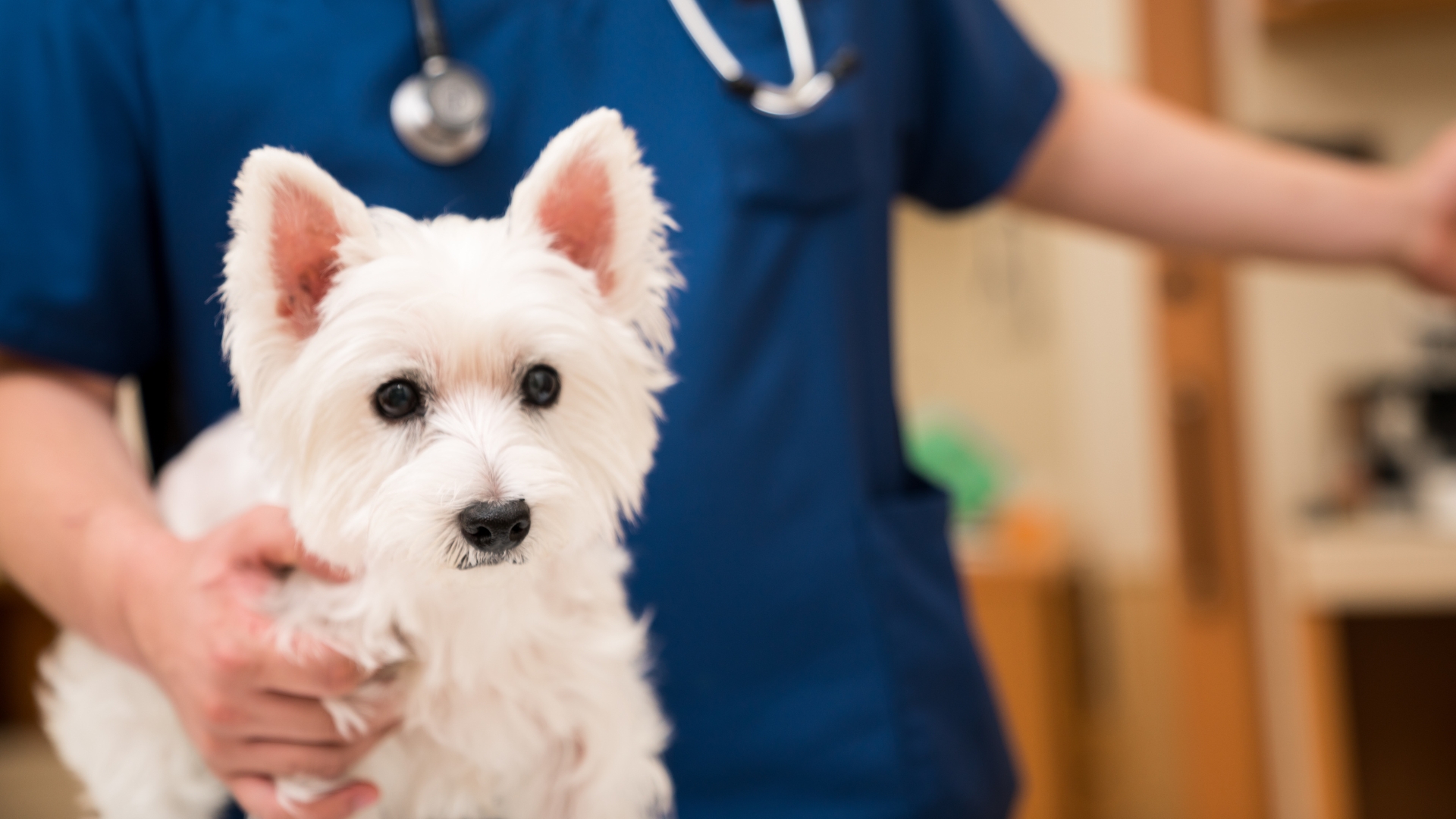
Finding the best care for your beloved pet is crucial, and choosing the right animal hospital can make a significant difference in their health and well-being. This guide highlights some of the top animal hospitals in the US and offers advice on what to look for when selecting a veterinary facility.
Top Animal Hospitals in the US
Cornell University College of Veterinary Medicine
Located in Ithaca, New York, Cornell University College of Veterinary Medicine is renowned for its comprehensive veterinary care. This facility offers a wide range of services, including specialty care in cardiology, oncology, and surgery. Notable features include cutting-edge research, state-of-the-art diagnostic tools, and a team of highly skilled veterinarians and specialists.
University of Pennsylvania School of Veterinary Medicine
Situated in Philadelphia, Pennsylvania, the University of Pennsylvania School of Veterinary Medicine is known for its advanced medical care and research. The hospital provides extensive services such as emergency care, internal medicine, and neurology. The facility is recognized for its commitment to patient-centered care and innovative treatment options.
Veterinary Specialty Hospital (VSH)
With locations in San Diego and other California cities, Veterinary Specialty Hospital offers specialized veterinary care in various fields, including emergency medicine, surgery, and critical care. VSH is known for its advanced technology, including MRI and CT scanning, and its team of board-certified specialists.
Angell Animal Medical Center
Located in Boston, Massachusetts, Angell Animal Medical Center is part of the MSPCA-Angell organization. This hospital is renowned for its expertise in emergency and critical care, oncology, and cardiology. Angell Animal Medical Center is recognized for its compassionate care and dedication to both pets and their owners.
BluePearl Veterinary Partners
BluePearl Veterinary Partners has multiple locations across the US and offers a broad range of specialized services, including emergency care, surgery, and internal medicine. The facilities are known for their advanced medical equipment, expert staff, and commitment to exceptional client service.
What to Look for in a Top Animal Hospital
Accreditation and Certification
When evaluating an animal hospital, check for accreditation from the American Animal Hospital Association (AAHA). AAHA accreditation signifies that the facility meets high standards of care. Other certifications and affiliations with veterinary specialty organizations can also indicate a commitment to quality.
Specialized Services and Expertise
Top animal hospitals offer specialized departments such as cardiology, oncology, and dermatology. Advanced diagnostic tools and treatment options, such as MRI machines and laser surgery, are also important indicators of a high-quality facility.
Staff Qualifications and Experience
The qualifications and experience of the veterinary team are crucial. Look for veterinarians who are board-certified in their specialties and have a history of continuous education. Experienced staff members contribute significantly to the quality of care your pet receives.
Facility and Equipment Quality
A well-maintained facility with modern medical equipment is essential for providing high-quality care. The hospital should be clean, comfortable, and equipped with the latest diagnostic and treatment technologies to handle a wide range of medical issues.
Client Reviews and Reputation
Client reviews and testimonials offer insights into the hospital’s reputation and the quality of care provided. Positive feedback from other pet owners can be a good indicator of a reliable and trustworthy facility. Look for reviews that mention specific aspects of care, such as the quality of communication and the effectiveness of treatments.
Emergency Care and 24/7 Services
Availability of Emergency Services
Emergency care is a critical component of top animal hospitals. Facilities that offer 24/7 emergency services can handle urgent medical situations, providing peace of mind to pet owners. Examples include hospitals like Angell Animal Medical Center and BluePearl Veterinary Partners.
Urgent Care Facilities
Urgent care facilities provide immediate care for non-life-threatening conditions that require prompt attention. Understanding the difference between emergency and urgent care can help you choose the right facility based on your pet’s needs.
Cost and Financial Considerations
Understanding Veterinary Costs
Veterinary care costs can vary widely depending on the type of service and the complexity of the treatment. Common expenses include routine check-ups, vaccinations, surgeries, and emergency care. Understanding these costs can help you plan and budget for your pet’s healthcare needs.
Insurance and Payment Options
Pet insurance can help manage veterinary costs by covering a portion of the expenses. Additionally, many animal hospitals offer financing options or payment plans to make care more accessible. Consider pet insurance as a way to reduce financial stress and ensure your pet receives necessary treatments.
Choosing the Right Animal Hospital for Your Pet
Assessing Your Pet’s Needs
Consider your pet’s specific needs when choosing an animal hospital. Factors such as age, breed, and any existing health conditions will influence your decision. Look for facilities that offer specialized care relevant to your pet’s health requirements.
Location and Accessibility
The location of the animal hospital is an important factor. Choose a facility that is conveniently located and easily accessible in case of emergencies. Proximity to your home can also make regular visits more manageable.
Initial Consultation and Visit
During your first visit to an animal hospital, observe the facility’s cleanliness and the professionalism of the staff. Ask questions about their services, approach to care, and any concerns you may have. This initial consultation can provide valuable insights into whether the hospital is a good fit for your pet.
Conclusion
Selecting the best animal hospital is a crucial decision that can impact your pet’s health and well-being. By considering factors such as accreditation, specialized services, staff qualifications, and facility quality, you can ensure that your pet receives the highest standard of care. Taking the time to research and choose the right facility will contribute to your pet’s overall health and happiness.